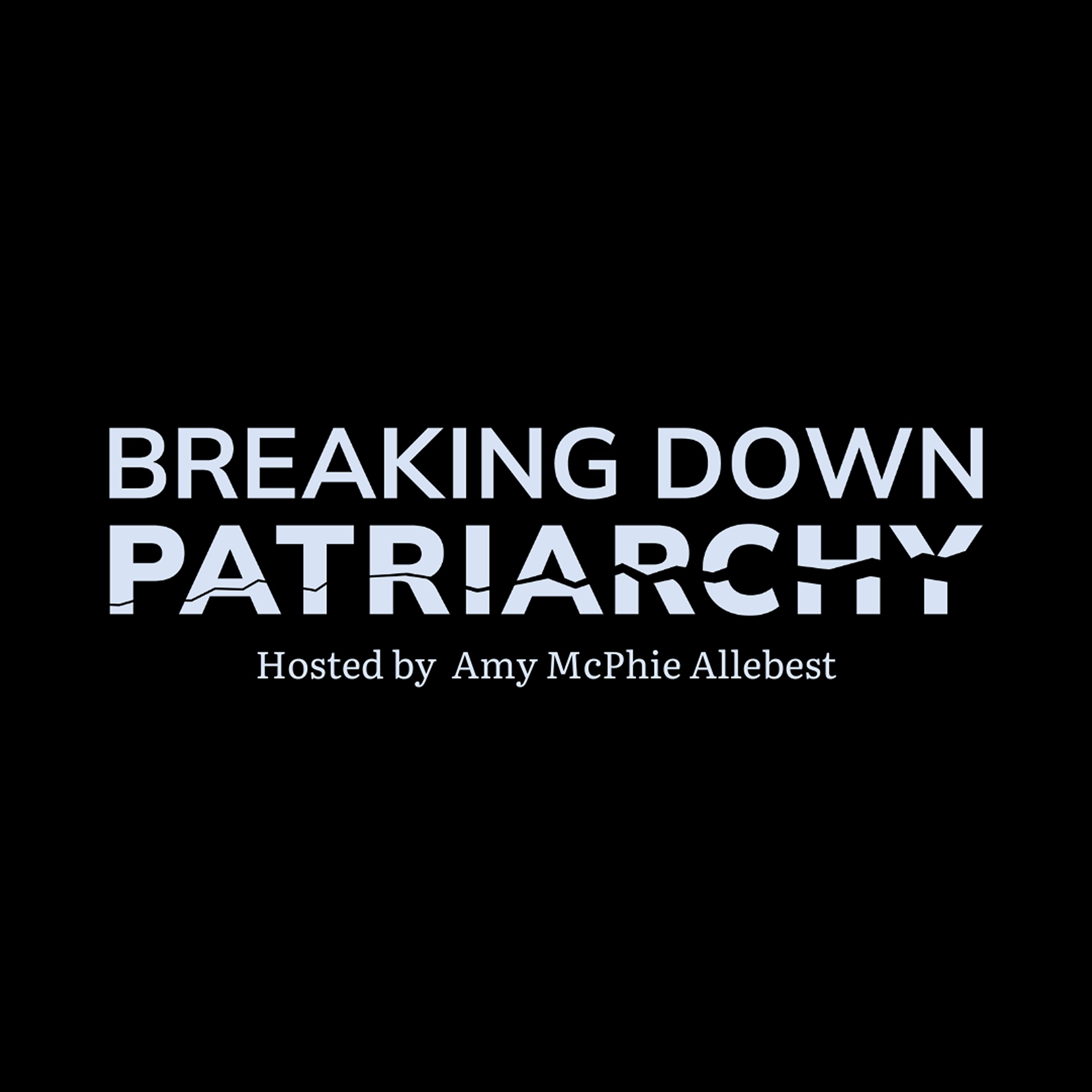

Breaking Down Patriarchy
Amy McPhie Allebest
Breaking Down Patriarchy is a podcast for everyone! Learn about the creation of patriarchy and those who have challenged it as you listen to bookclub-style discussions of essential historical texts. Gain life-changing epiphanies and practical takeaways through these smart, relatable conversations.
Breaking Down Patriarchy is a 501(c)3 Nonprofit Organization. Donate to support our work by visiting breakingdownpatriarchy.com/donate
Breaking Down Patriarchy is a 501(c)3 Nonprofit Organization. Donate to support our work by visiting breakingdownpatriarchy.com/donate
Episodes
Mentioned books

Jan 5, 2022 • 30min
Minisode: Killing the Angel in the House
Amy discusses Virginia Woolf's Killing the Angel in the House with guest Rachelle Burnside.Listen to the full episode here.

Jan 5, 2022 • 26min
Minisode: A Room of One's Own
Amy discusses Virginia Woolf's A Room of One's Own with guest Susannah Harmon Furr.Listen to the full episode here.

Jan 5, 2022 • 31min
Minisode: The Second Sex, Part 1
Amy discusses Simone de Beauvoir's The Second Sex with guest Fyza Parviz Jazra.Listen to full episode here.

Jan 5, 2022 • 31min
Minisode: The UN Open Letter to the Women of the World, and Universal Declaration of Human Rights, by Eleanor Roosevelt
Amy discusses Eleanor Roosevelt's UN Open Letter to the Women of the World with guest Lucy Allebest.Listen to the full episode here.

Jan 5, 2022 • 29min
Minisode: The Real Wealth of Nations
Amy discusses Riane Eisler's The Real Wealth of Nations with guest Dr. Julie de Azevedo Hanks.Listen to the full episode here.

Jan 5, 2022 • 28min
Minisode: The Second Sex, Part 2
Amy discusses Simone de Beauvoir's The Second Sex with guest Fyza Parviz Jazra.Listen to full episodes here and here.

Jan 5, 2022 • 31min
Minisode: The Morality of Birth Control, by Margaret Sanger
Amy discusses Margaret Sanger's The Morality of Birth Control with guest Courtney McPhie.Listen to the full episode here.

Jan 5, 2022 • 30min
Minisode: Ain't I A Woman?
Amy discusses Sojourner Truth's Ain't I A Woman? with guest Rayna Clay MacKay.Listen to the full episode here.

Jan 5, 2022 • 29min
Minisode: The Subjection of Women
Amy discusses John Stuart Mill's The Subjection of Women with guest Franceskay Allebes.Listen to the full episode here.

Jan 5, 2022 • 29min
Minisode: The Gospel of Mary Magdalene
Amy discusses The Gospel of Mary Magdalene with guest Kayleen Asbo.Listen to the full episode here.


